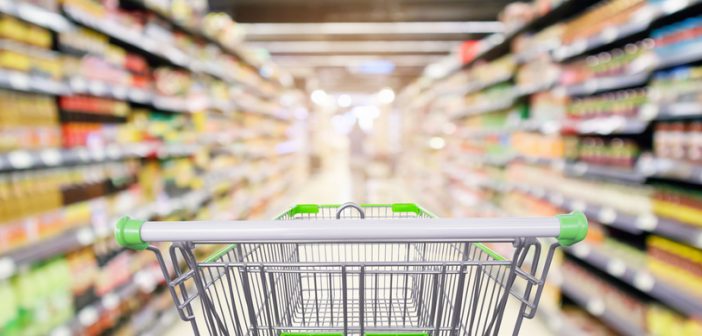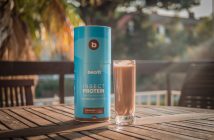The images of queues and empty shelves in supermarkets have created fear and panic among the population who are afraid of running short of basic foodstuffs. In an effort to calm people’s nerves, the Official Association of Dieticians-Nutritionists of the Region of Valencia (CODiNuCoVa) has issued a number of recommendations for people who may have to be quarantined at home due to the spread of COVID19 or for those who decide not to expose themselves to contagion.
CODiNuCoVa has created different food classifications depending on whether or not you can buy in large quantities. Firstly, perishable foods: “Even though it’s convenient to buy as few of these food type as possible, there are some vegetables like cabbage, cauliflower, red cabbage, carrots and onions that can last a considerable period of time in your cupboard before going off. But we wouldn’t recommend stocking up on food like broccoli, lettuce or tomatoes,” said Paula Crespo, President of CODiNuCoVa. The association doesn’t recommend storing vegetables in the fridge, and Crespo adds: “they last much longer outside, although we’re used to refrigerating them.”
Fruit falls into the same category, although food professionals make a distinction between climacteric and non-climacteric fruits. The difference lies in the ripening process. Climacteric fruits like bananas, apples and pears – those that can ripen after being picked – last less time in our kitchens. On the other side of the spectrum we have “non-climacteric” fruits, which the organisation recommends buying as “they last much longer, Fruits like oranges and mandarins don’t go bad when ripening, but can be affected by other external agents like fungi”, said the dietitian-nutritionist.
A long-lasting, healthy larder
When it comes to stocking up on food that lasts as long as possible, CODiNuCoVa recommends buying non-perishable foods or foods with an extended shelf life. “These are foods that come cooked, like pulses or vegetables in tins or glass jars, which have a long-term expiry date, or food that can be bought and stored raw like dried vegetable or rice,” says Luis Cabañas, secretary of the Official Association of Dieticians-Nutritionists.
This list doesn’t include pasta made from refined flour. “Nutritionally speaking, it doesn’t provide us with either vitamins or minerals. If you can’t live without pasta, it’s better to buy it whole-grain; however, we recommend using the extra space in your kitchen for pulses, beans and vegetables,” he adds. Tinned foods, tuna, sardines and molluscs are the star products as they take up less space, don’t need to be refrigerated and have an extended expiry date. However, these should always contain virgin olive oil, and avoid refined or natural oils.
Less physical exercise at home
“If we’re confined to home, it’s obvious that our level of physical exercise will decrease, so it’s extra important to limit or even cut out bad quality processed products like pastries. However, other more satiating foods like nuts and dried fruit, pickles or corn kernels to make homemade popcorn, could be good options to stock up on,” says Cabañas.
Nutritionists also give the green light to frozen foods, provided they aren’t precooked, rich in salt or poor quality fats. Frozen fish and meat, frozen vegetables or frozen fruit are also a good substitute for fresh food as they retain all their nutritional properties, but you should forget about stocking up on food like pizzas or fish fingers.
As far as dairy products are concerned, “you can buy several litres of UHT milk if you have enough room to store them. The same is true for soy, almond or rice milk,” says Luis Cabañas. However, it’s not advisable to stockpile large quantities of fermented dairy products, such as yoghurts as they require refrigeration.
Other foods such as eggs can be stored for several days inside or outside the refrigerator, “but it isn’t worth taking them out and putting them back in, as drops can form due to the change in temperature, and the risk of salmonellosis increases”, concludes the expert.






